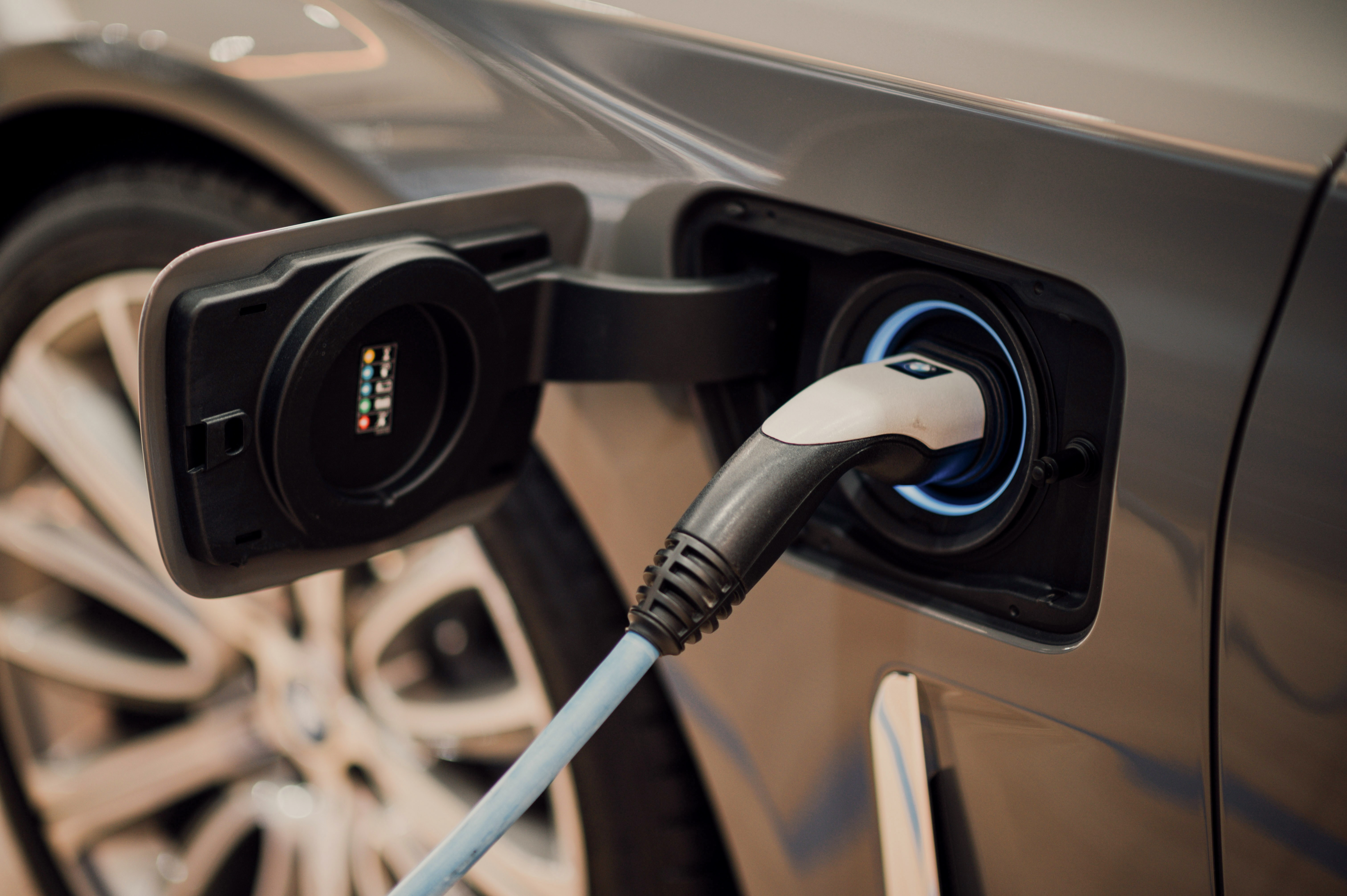Understanding restoration systems
An overview of the solutions available to support your employees' purchasing power at mealtimes.


More than 1,000 companies have proven themselves alongside us.




.svg)

of French people consider the lunch break to be an important moment that they don't want to cut back on. The lunch break is a sacred ritual for employees!




Your employees too



The + with Worklife
Every euro spent by your employees supports the local economy, thanks to the 0% commission charged to merchants.
Your employees too

The + with Worklife
Every euro spent by your employees supports the local economy, thanks to the 0% commission charged to merchants.
Each system has its own legal and economic imperatives...
Corporate catering is a major factor in employee well-being at work.
Legally, the employer is required to provide a dedicated eating area for employees who wish to eat at their place of work (it is forbidden to allow employees to eat on work premises).
For 25 or more employees, the employer must provide a proper catering area, including facilities for storing, refrigerating and reheating food.
Meal vouchers and company restaurants allow employers to go beyond these obligations and offer their employees more during their lunch breaks. Meal allowances, on the other hand, are similar to professional expenses that employers must cover in certain specific cases.
Meal vouchers

The + with Worklife
Discover a new generation of meal vouchers that lets your brand shine, enhances your HR initiatives and reinforces your CSR approach.
Available soon!
Meal allowance

The + with Worklife
A fully customizable solution that adapts to the rules of your agreements and an unlimited expense network for your employees!
Available soon!
Company restaurant

Mobility credit

Business mileage allowance

The + with Worklife
Each employee has a personalized allowance to spend in the merchant network of your choice.
Available soon!
Fuel card

Compare devices
- Bicycles (personal and rental)
- Motorized vehicles (scooters, monoroues, gyropods, etc.)
- Carpooling (driver or passenger)
- Self-service bicycles, scooters and scooters
- Low-emission car-sharing services
- Public transport (excluding season tickets)
- 600 per year per employee (after deduction of the transport allowance if combined with the latter)
- 900 per year per employee, after deduction of public transport costs
- 300 per year per employee for fuel costs
- 600 per year per employee for the cost of powering electric, plug-in hybrid or hydrogen-powered vehicles
- €7.50 if meals are taken at the workplace due to special organizational conditions or working hours
- €10.40 meal allowance outside company premises
- €21.40 if the meal is taken in a restaurant (e.g., business meal)
How do you choose the right
device?
The choice of the solution(s) to be implemented depends on a number of criteria, including the size of the company, its location, the space and budget available, its objectives, the profile of its employees, etc.
Company restaurant

This system is particularly well suited to companies:

150+ employees with few teleworkers
Below 150 employees and a restaurant occupancy rate of at least 70%, fixed costs make the system economically unviable.

Located outside urban centers
The space required means that company restaurants are more common in larger structures located on the outskirts of town.

Anxious to create links
A company restaurant fosters conviviality and exchanges between teams.
Meal vouchers

This system is particularly well suited to companies:

All sizes
For companies with fewer than 150 employees, meal vouchers are generally the most economical solution.

Located in urban areas
Wherever there's a varied and easily accessible catering offer.

With hybrid working methods
Whether employees are in the office or working from home, the system remains relevant.

Who wish to offer their employees a high degree of flexibility
Meal allowance

This system is particularly well suited to companies:

All sizes

Whose employees have atypical working conditions
Frequent travel, staggered hours, night work, etc.

Who wish to opt for the simplicity of lump-sum compensation to reimburse expenses incurred by their employees


Frequently asked questions
The different schemes cannot be combined for the same meal. On the other hand, it is possible for a company to offer different schemes to cover different situations; for example, a company restaurant at the main site and meal vouchers for employees working from home.
This depends on the size of the company and the framework it wishes to adopt for the scheme in question, but as a general rule, meal vouchers are the most economical solution.
Yes, an employer can decide to modify the existing system (e.g., replace meal vouchers with a company restaurant, or vice versa). However, certain rules must be respected: employee representatives must be informed and consulted, relevant collective agreements must be adapted, and employees must be informed.








.svg)






































